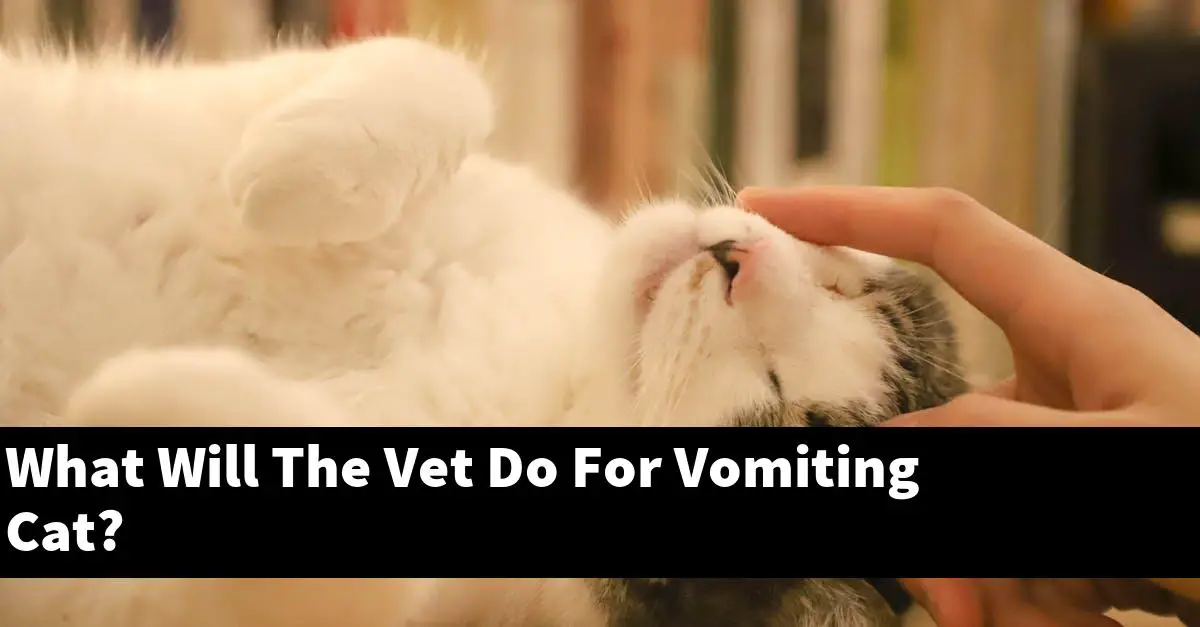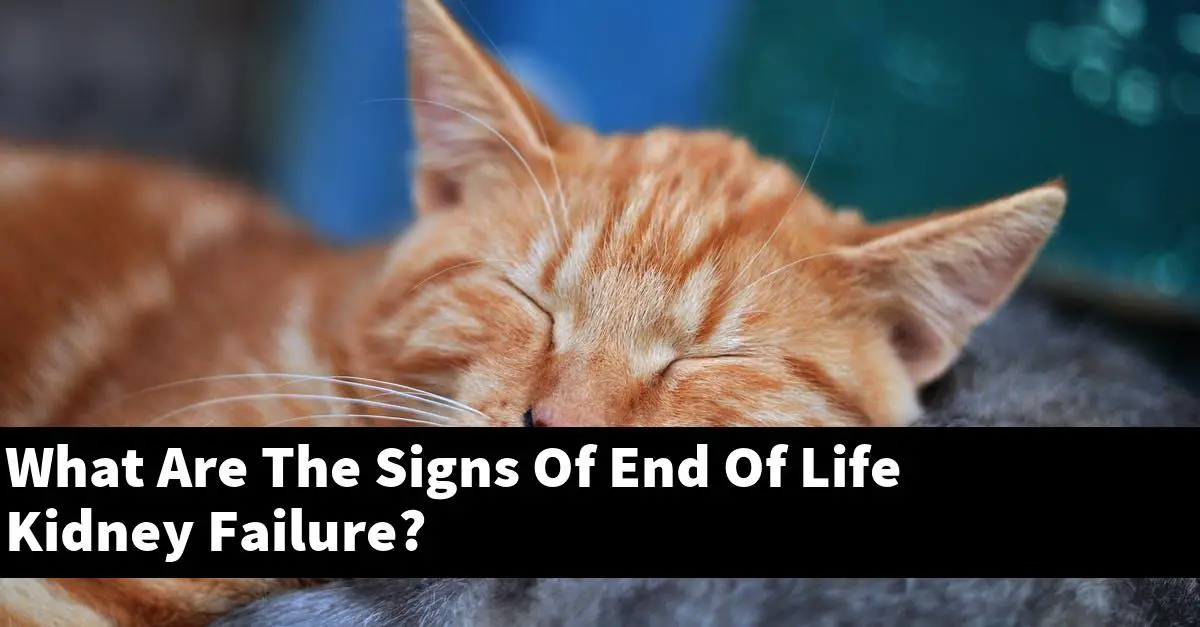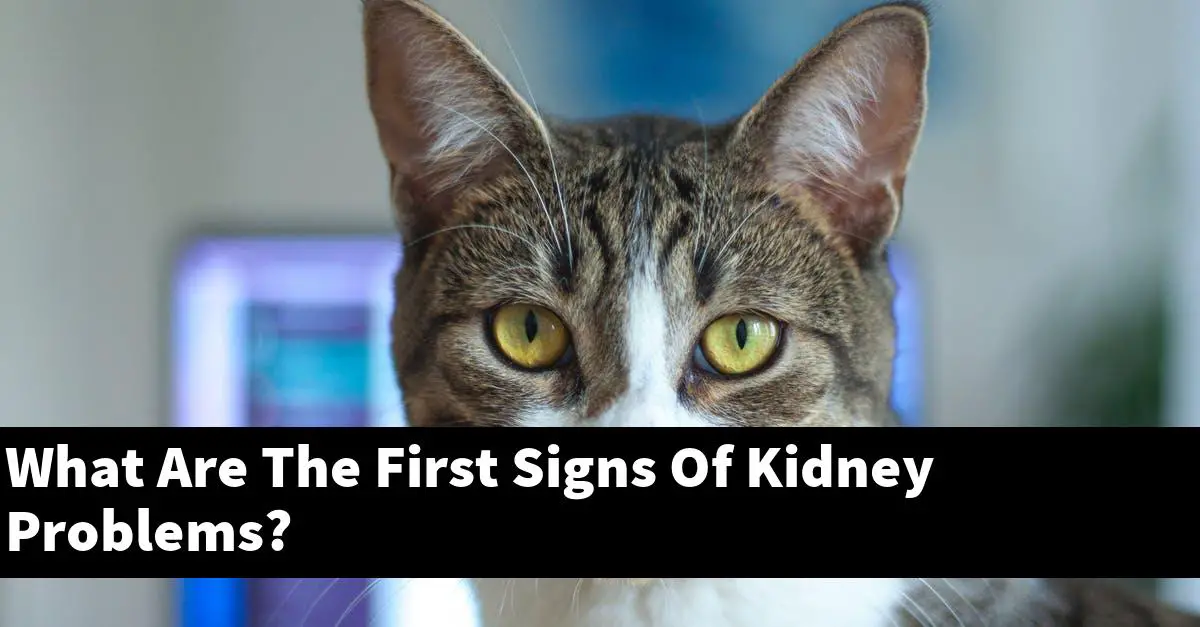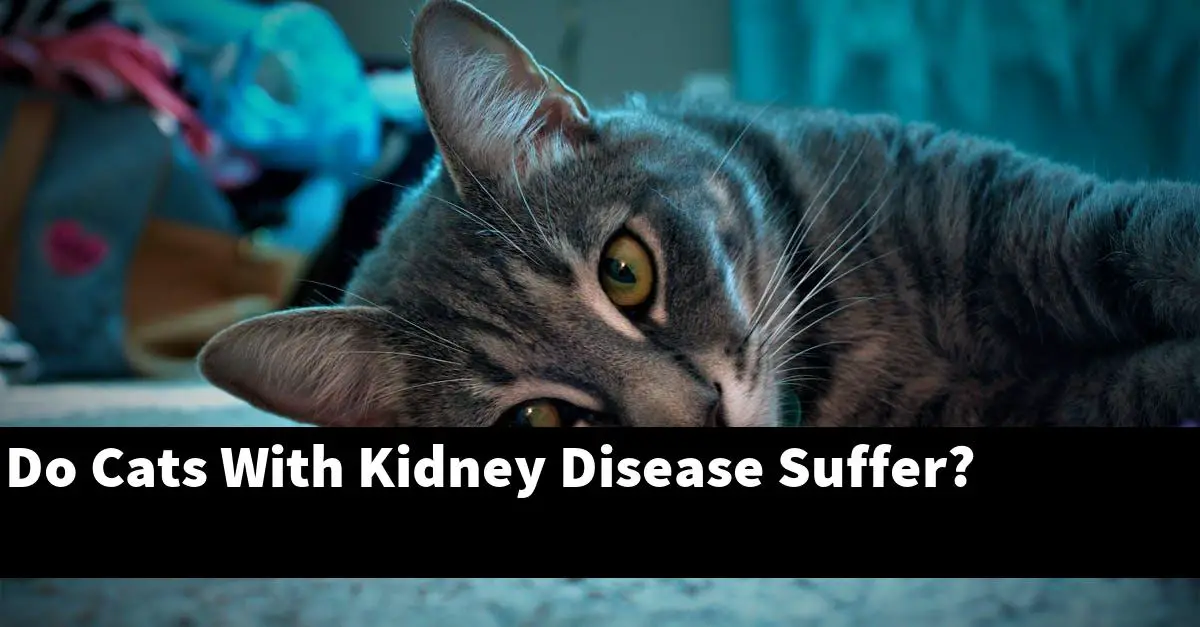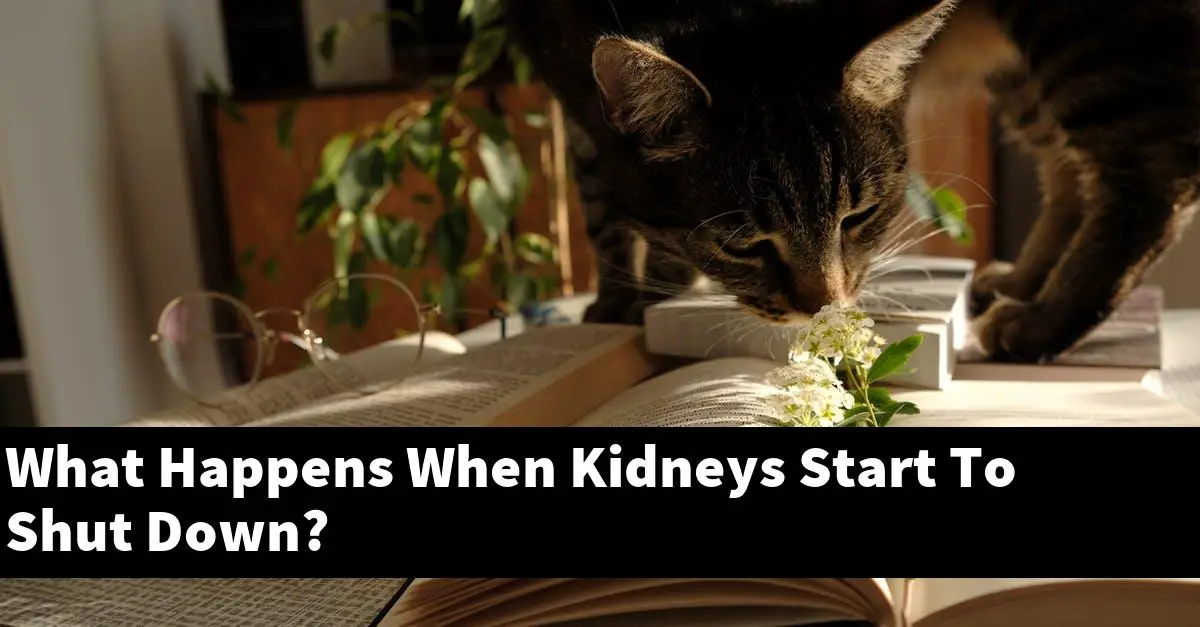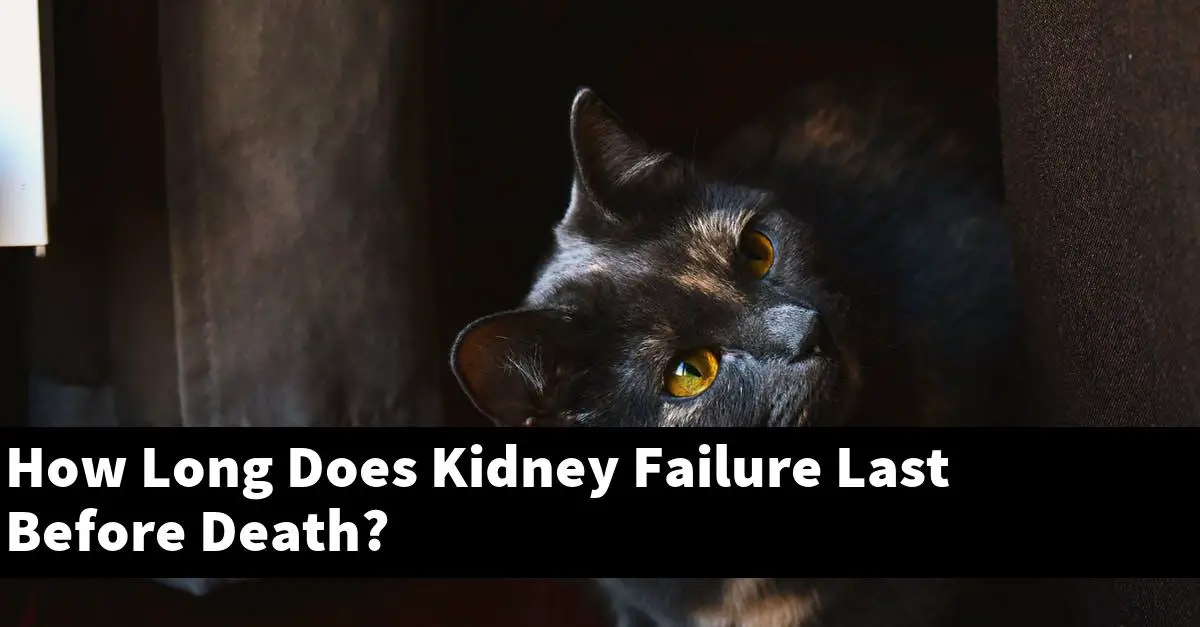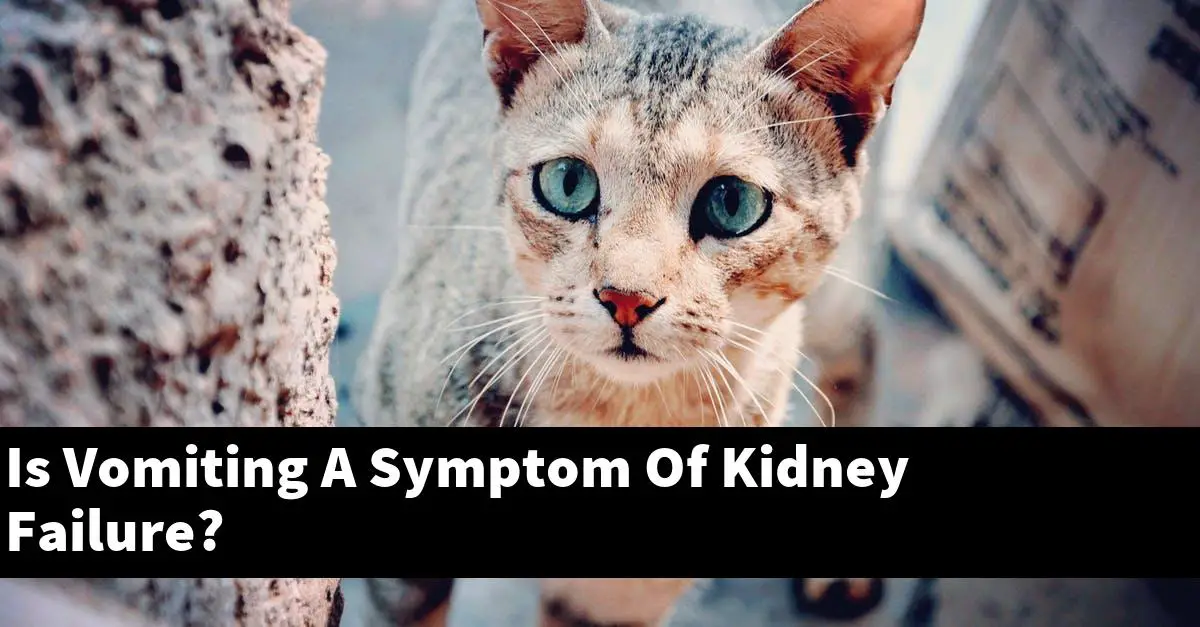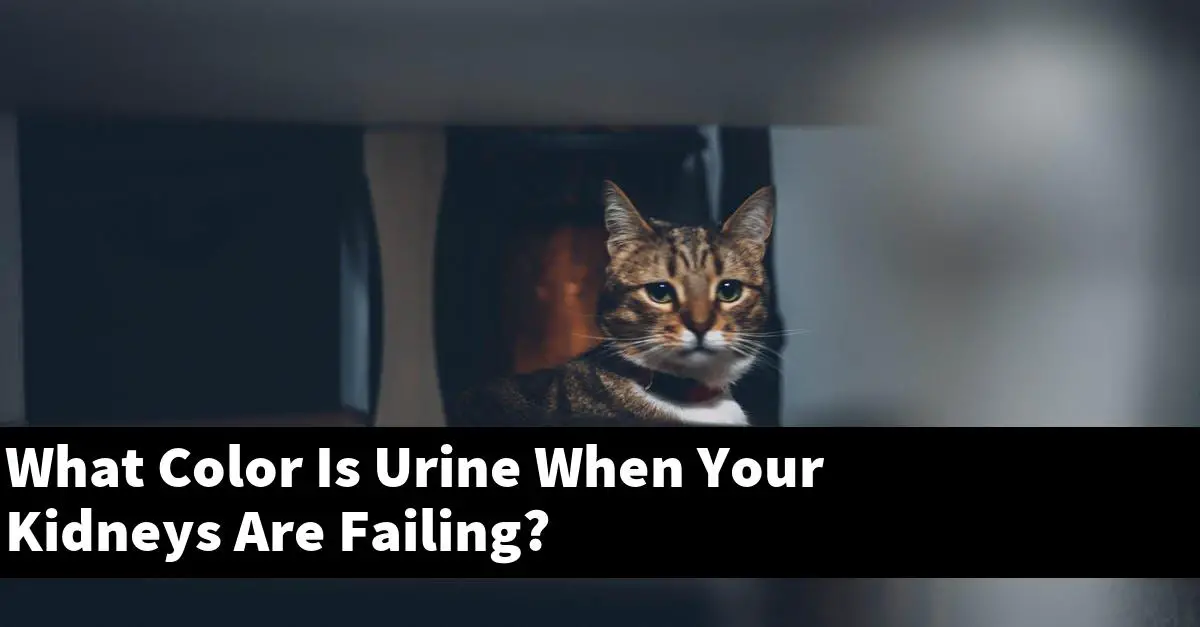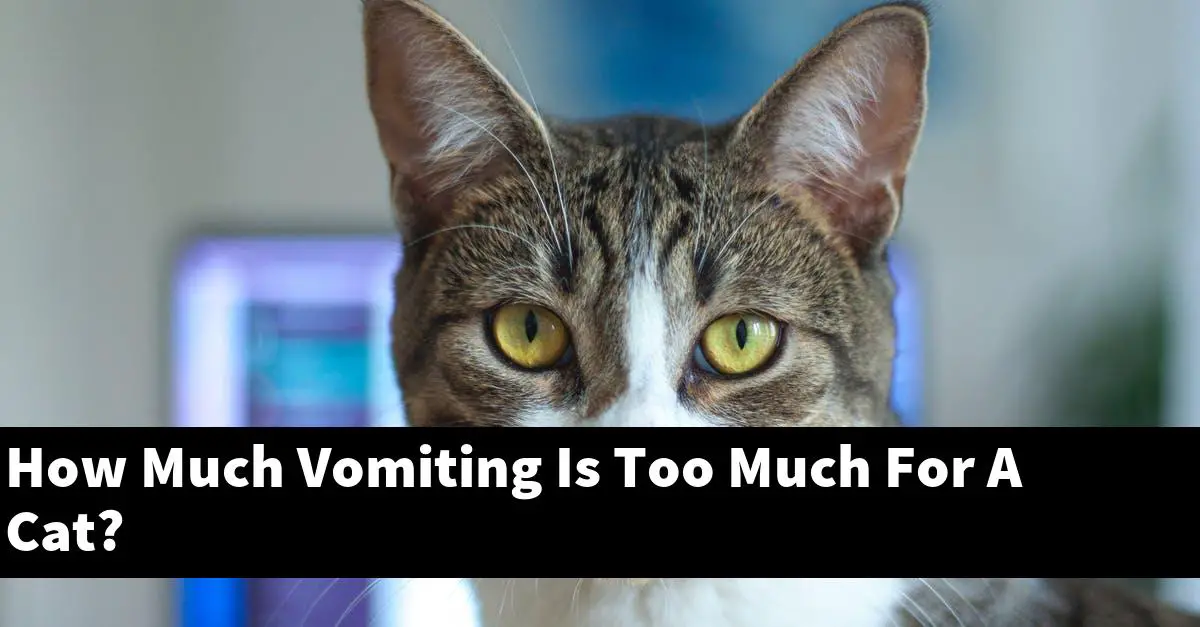How Can You Tell If Your Indoor Cat Is Happy?
It can be difficult to tell if your indoor cat is happy, but there are some signs to look for. If your cat is purring, playing, and sleeping comfortably, they are likely happy. If they are hiding or seem restless, they may be unhappy. Paying attention to your cat’s behavior and body language can help … Read more


